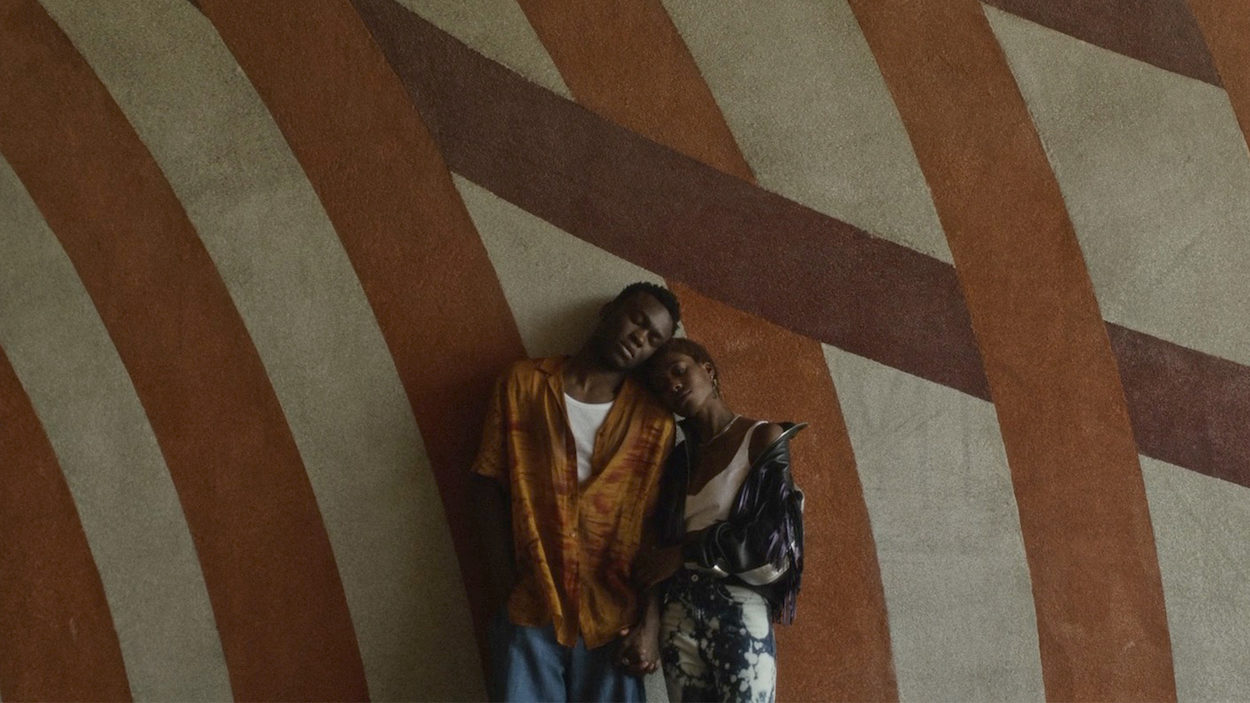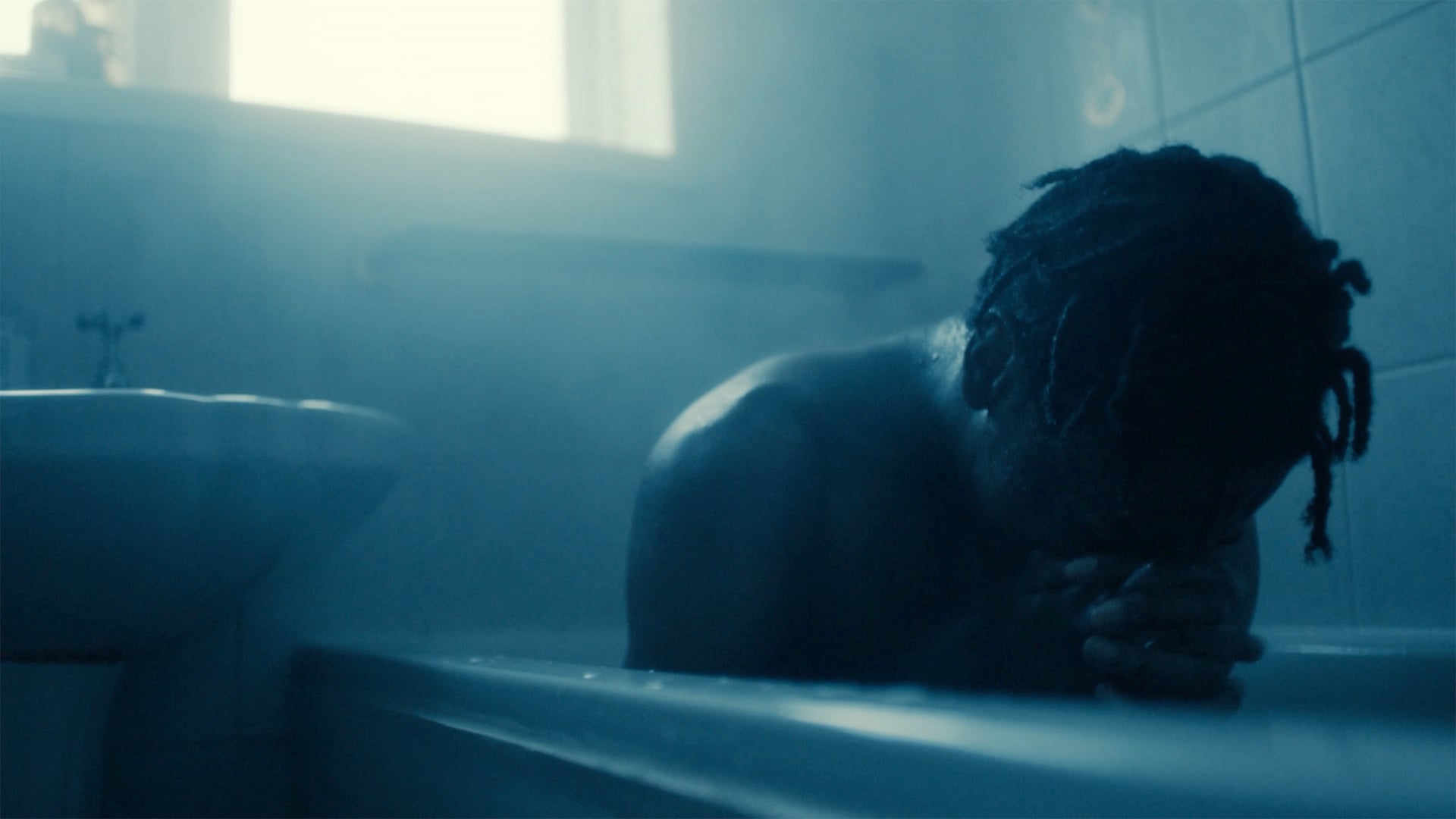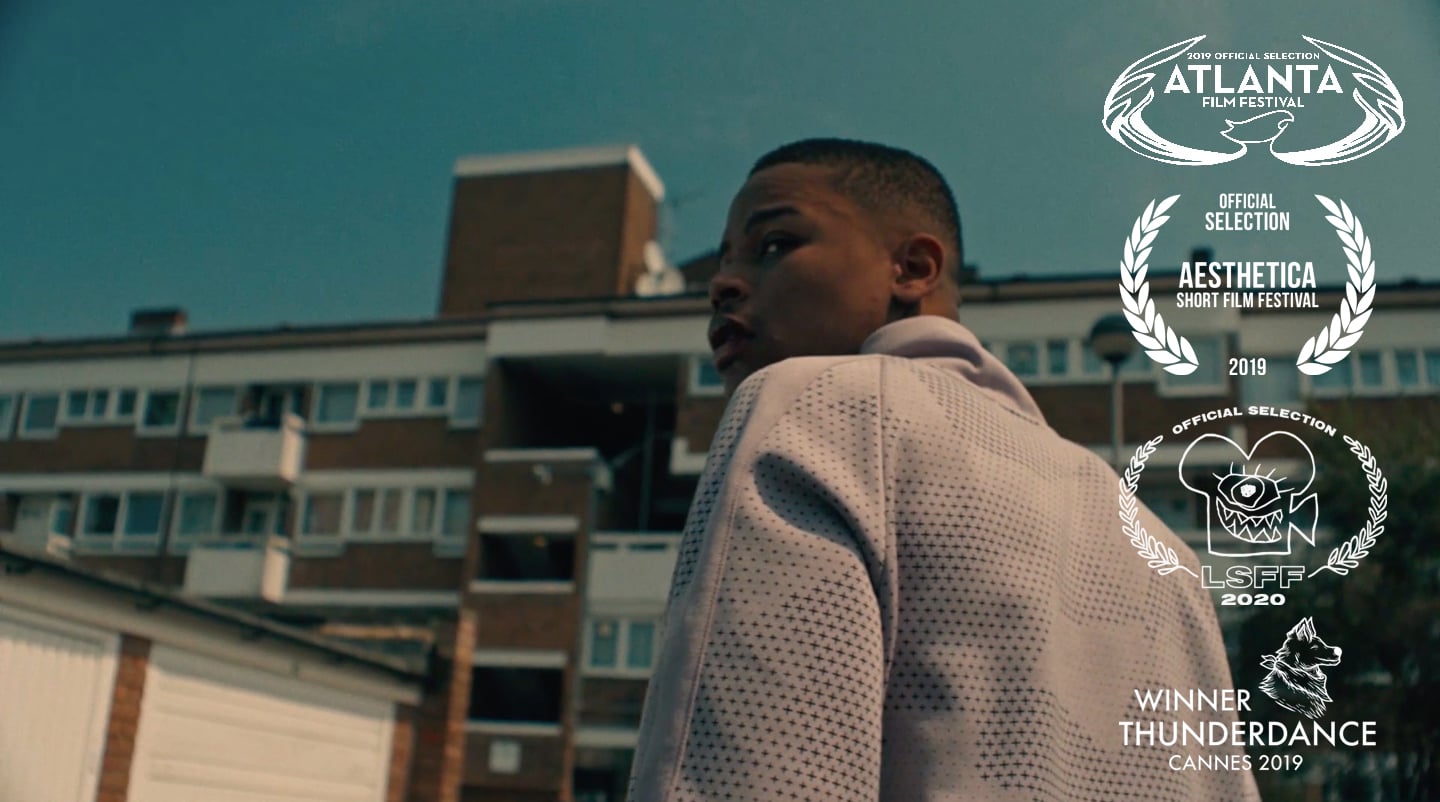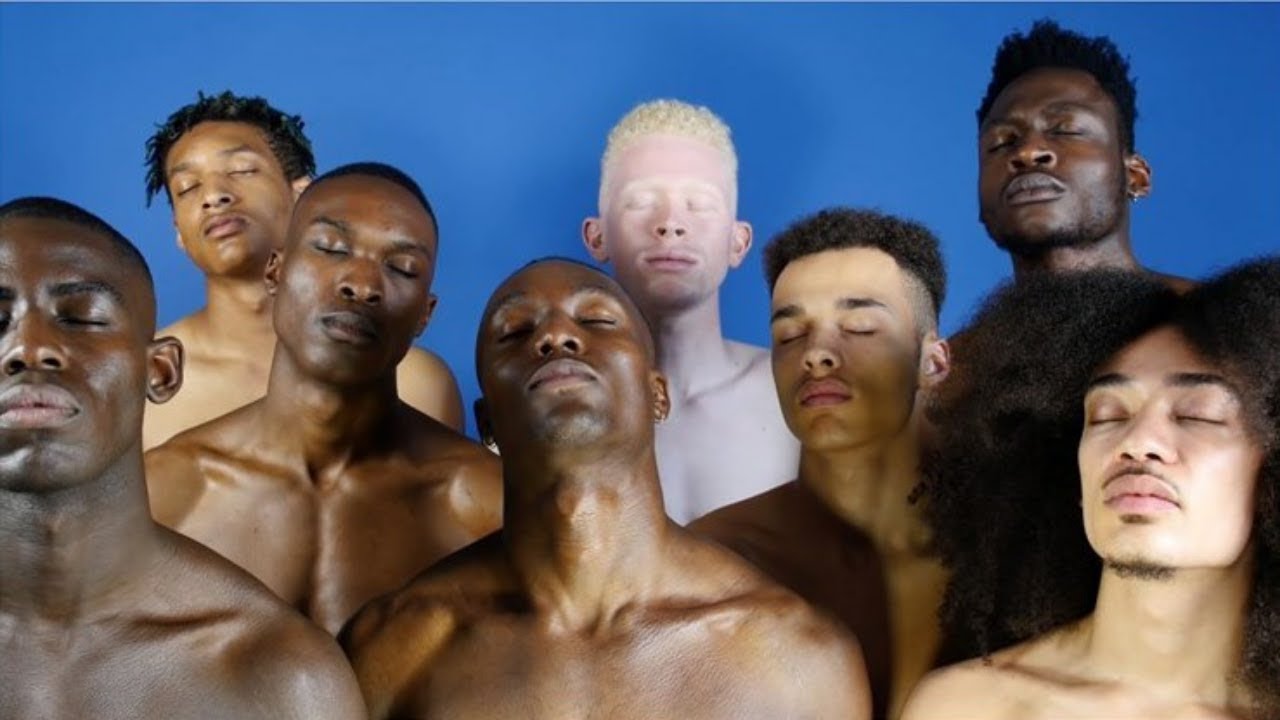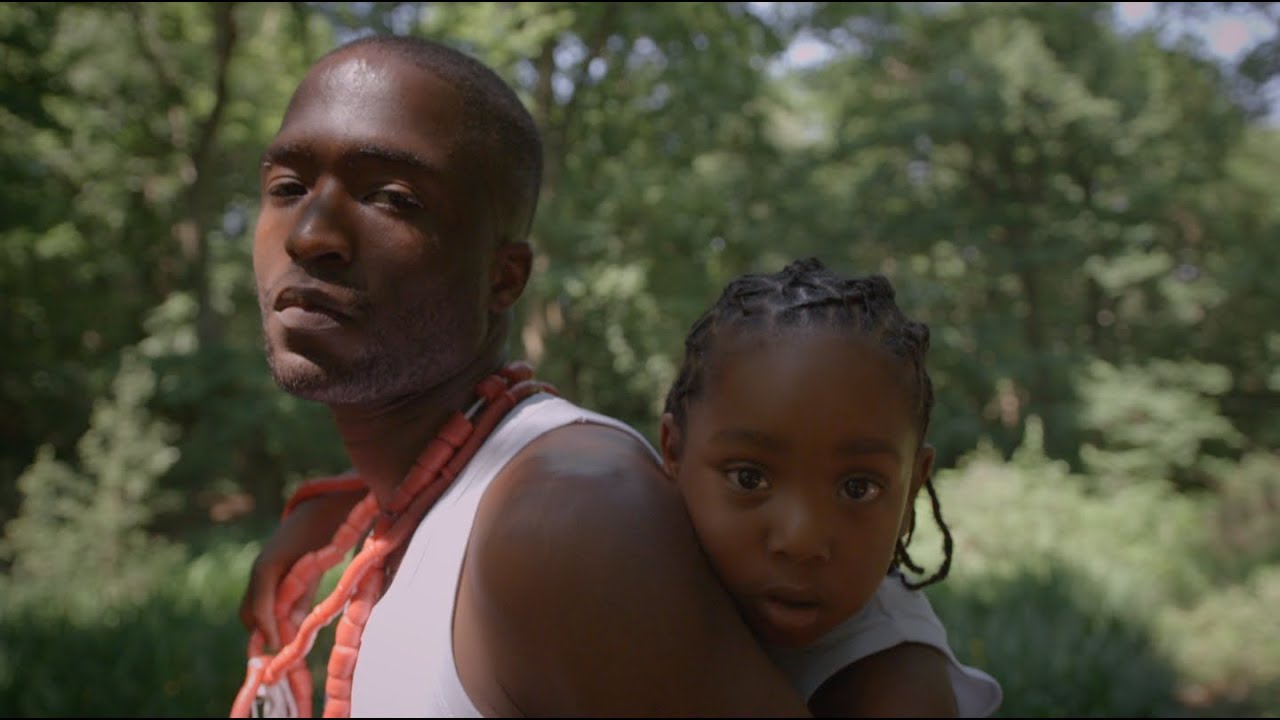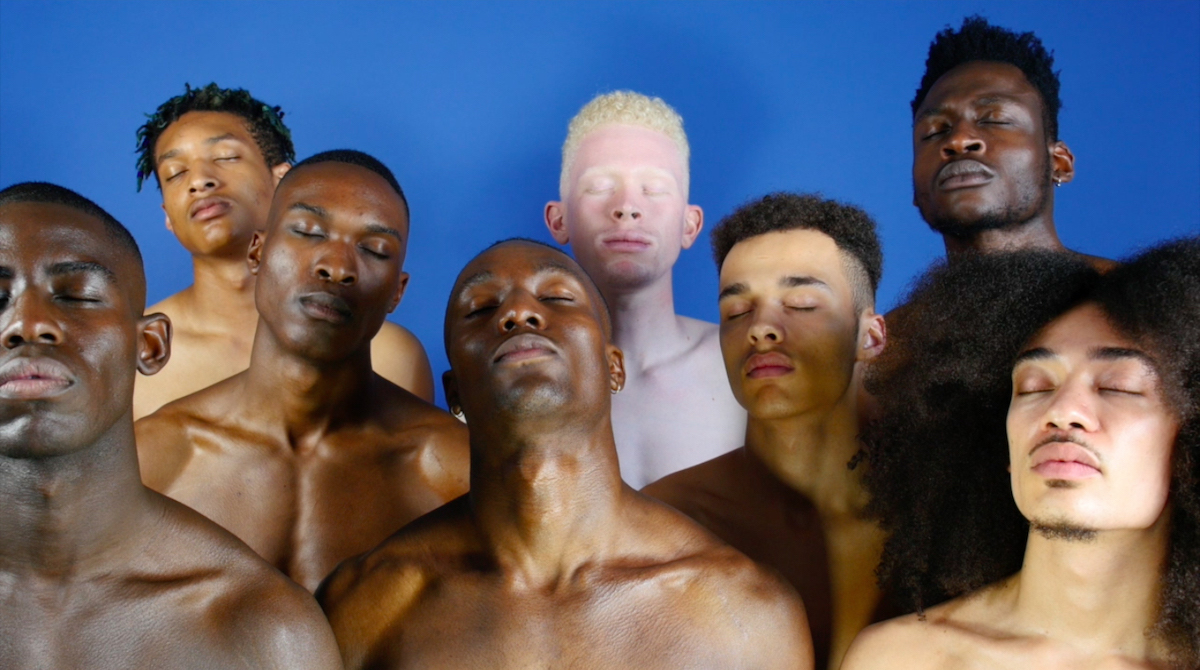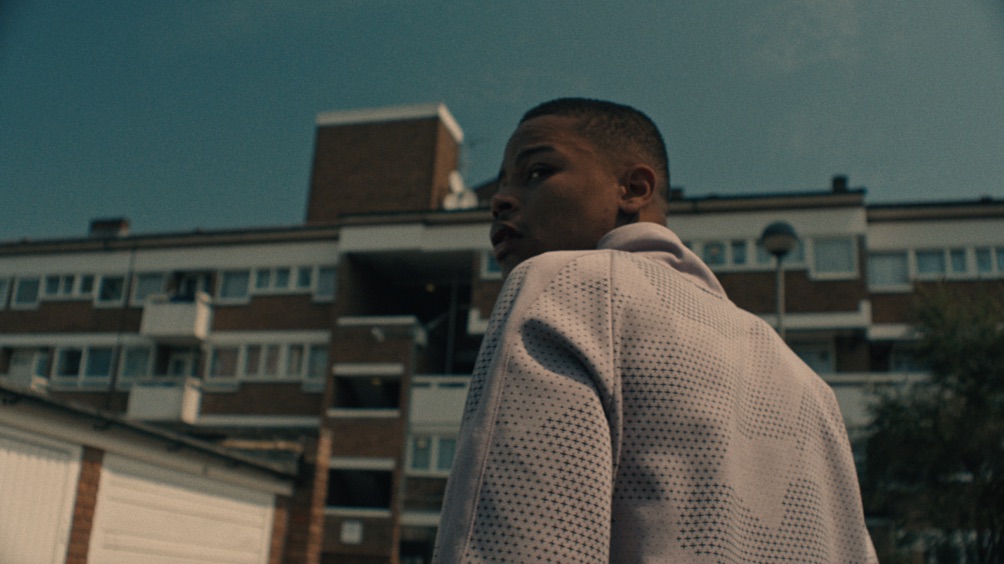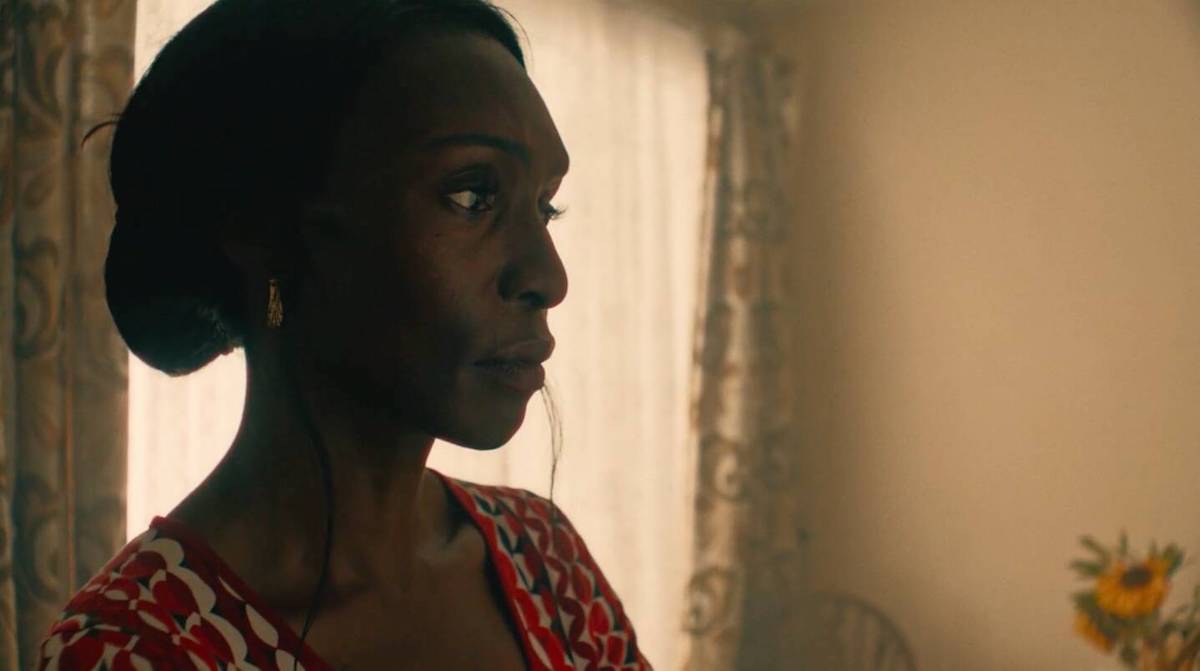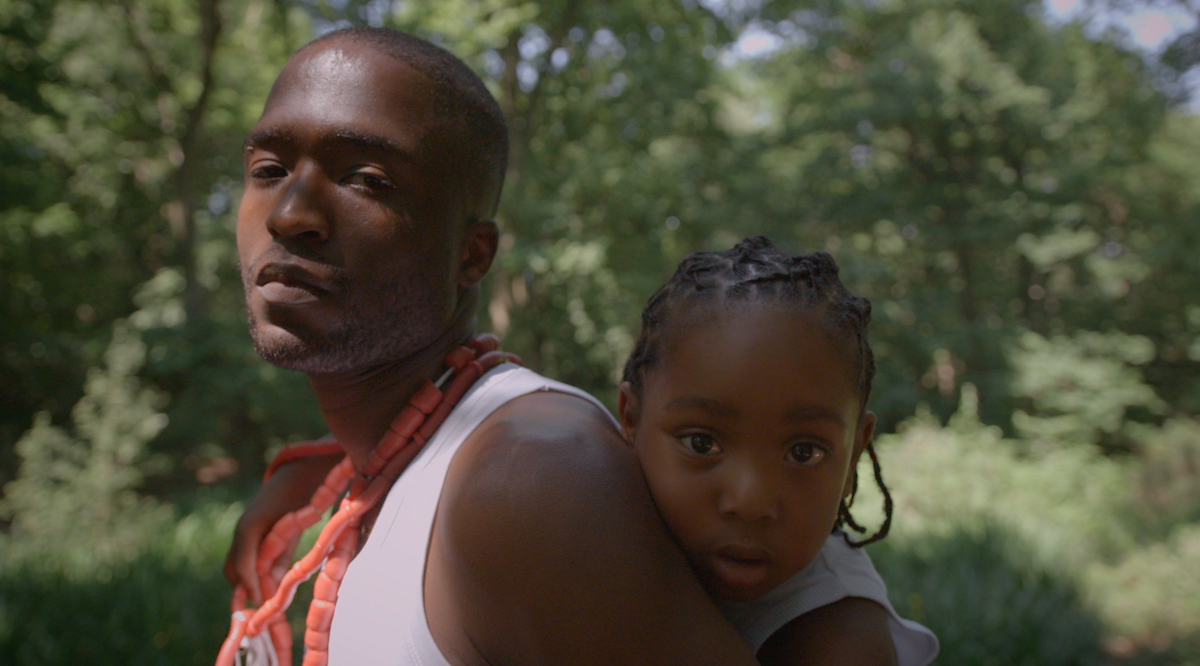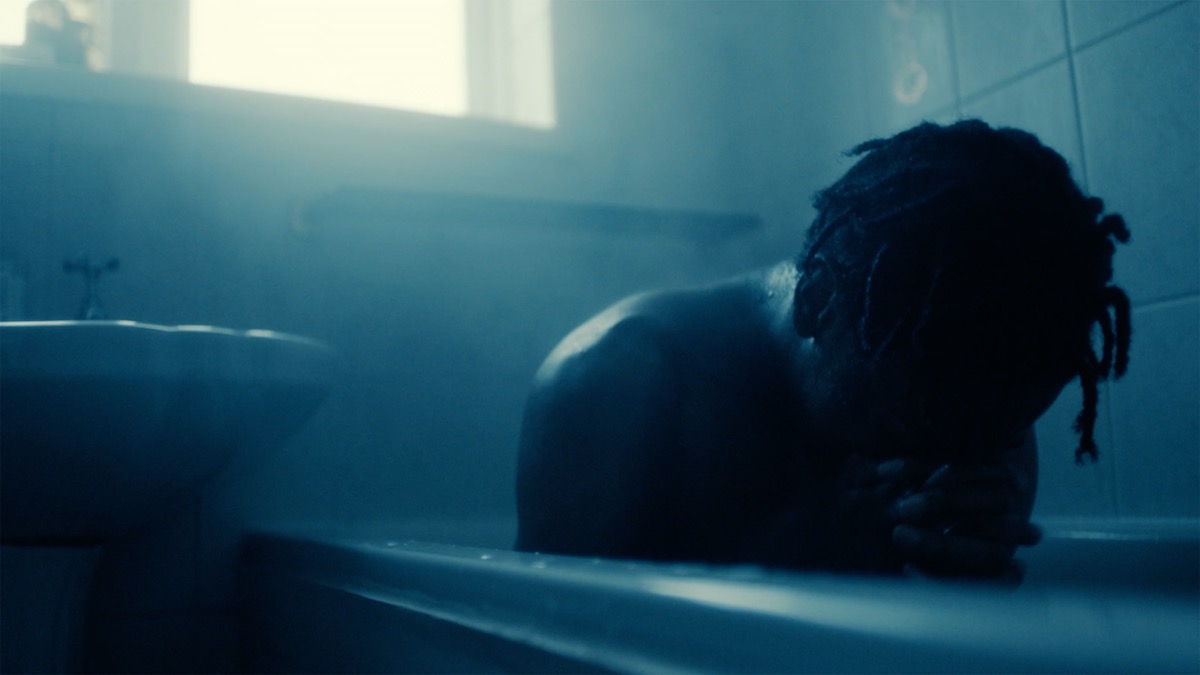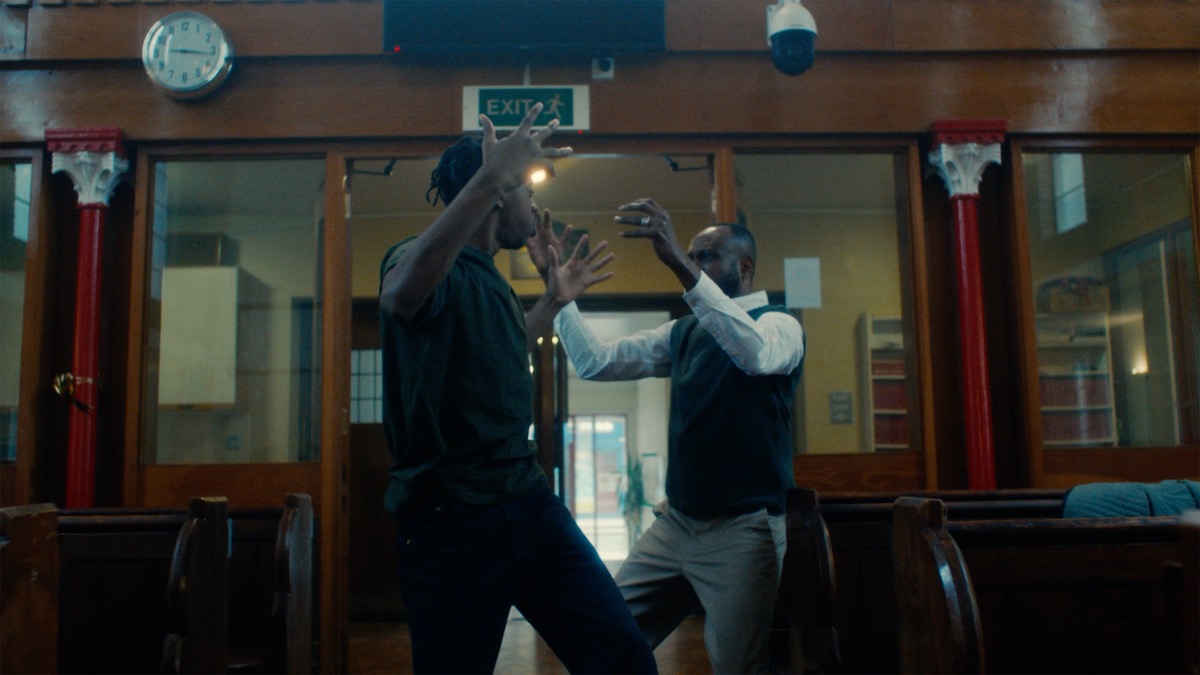First things first, can you tell us a little about yourself and your background? What was life like growing up and how did you get into acting, writing and directing?
I was born in 1994 in East London, Newham. My parents moved to London in the 90s to pursue new careers. One particular hobby my mother wanted me to pursue was acting. It’s funny because as a child I used to sit up close to the TV screen whilst my mother would chat on the phone; watching literally anything; from cartoons to sci-fis! My mother pushed me to act but I quickly stopped going to my classes because I hated speaking in public.
Yeah, looking back on it now, I spent a lot of time in the creative scene; music and fashion was a huge part of my childhood and was a great source of inspiration for me. I used to experiment with some crazy outfits – some which will never see the light of day again! The point is, even though East London was such a huge hub of creativity, I somehow still felt unique.
Although I wasn’t a very confident kid, I wrote quite a lot of short form stuff; literature, songs, poems, although I never shared it with anyone. It was only until I went to sixth form that I really expressed my interest for storytelling. In 2015, at university, I wrote more and more and that slowly developed into wanting to make my first short film in 2016.
Velvet is such a powerful yet minimal piece of filmmaking. You manage to say so much about the boy’s family life, his relationship with his mother and his personality without saying anything at all. With an issue as serious and current as youth knife crime, how did you approach this project to ensure it remained respectful of the community and experience it depicts? Given it was funded by Lush Film Fund were there any concerns their side about approaching this topic? (And were you particularly driven by the death of Harry Uzoka a couple of months before you released this piece?)
Well, I never really had concerns when making the film. To tell you the truth, I didn’t really think about the significance at the time – I just wanted to tell a beautiful story. Although the film is serious, at the heart of it, it’s a story about a young man’s quest for adulthood and the relationship between mother and son. The sense of tragedy only really kicks in at the end of the film. I didn’t want to sensationalise the issue too much.
One slight concern of mine was getting an awesome crew and cast. I auditioned SO many different people, including real-life mothers and sons! It’s crazy because my audition process is a rehearsal in itself. Michael Junior Onafowokan, who played the son, was absolutely incredible and just got it, you know. I think this really settled any concerns that I had initially.
You wrote, acted in and directed Fatherhood – a sort of lyrical son to father letter in the vein of Ta-Nehisi Coates “Between the World and Me”, flipping the roles of narrator and recipient. This idea of son confronting father with the impact of his failures of manhood is incredibly powerful – what was the origin of this project?
Ta-Nehisi is an absolute legend. Brilliant man. The idea behind the film came from a brief conversation that I had with my younger brother a couple of months back. In fact, a small segment of the conversation plays at the start of the film. It’s weird because I had actually wrote the repeated sentences that feature in the poem a year before but didn’t have anything to accompany them. And you know what, I really enjoyed making the film. Yes, writing, directing and starring in it was a crazy task but I loved every minute of it. I was just so excited to create a new body of work again that I didn’t even think anything of it.
On a broader cultural level – from your perspective how far do you think there has been a shift away from the other-ing of London’s diverse ethnic communities (the idea that an issue like knife crime, for example, is the problem of one specific community rather than the result of a structural social failure in a bigger sense) towards a focus on the fact that we’re all, ultimately, human? Or do you think it’s more the case that the voices of those communities have become collectivised and grown louder to commanded more intelligent conversation?
I think the large problem with “other-ing” certain issues is that certain minorities have had to bear the brunt of solving them and this is incredibly problematic. Basically, national intervention is the only solution for a national problem.
That being said I think there has been a conscious shift to disseminate stories that have routinely been perceived to solely relate to minorities. The value that we now place on our intersectionality has allowed us to be more open about some of the issues we face and has given many people a voice where they felt they had none. Social media has also spearheaded this. What would have been something that affects a small few now can be a global campaign, you know? I think that is brilliant.
You return to the challenges of fatherhood and the difficult father / son relationship in your video for Jnr Williams’ A Prayer. What is it about this particularly male experience and space that interests you?
JNR Williams approached me at the end of the 2018 to work on the music video for A Prayer. There was something about the chorus that I absolutely loved. I think, like many directors, I’m looking to challenge the status quo and change perspectives. My way of doing this is by creating new worlds for characters who have predominantly been seen as one dimensional.
If there was one consistent message or underlying thought running through your work – what would you want people viewing your work to take away?
Of course there are some commonalities in my work to date but I don’t really have a consistent message. So the only thing I care about at the moment is challenging myself creatively with my work. I want audiences to interpret my films in whatever way they wish to.
Where do you turn for creative inspiration?
I turn to my 15-year old self. Haha no, I mean, I simply want to get close to answering some of the questions I had when I was younger that were way too complex for my pea-sized brain to grapple with at the time!
If you could only choose to express yourself in one of the creative mediums you work across – writing, acting or directing – which would it be and why?
I think directing is in my DNA. Honestly, the idea that I can pursue my curiosity with such a powerful medium really excites me. The process of creating work is incredibly freeing but holds a lot of responsibility and this is why the medium is so special to me.
Iggy Ldn is represented by Iconoclast
